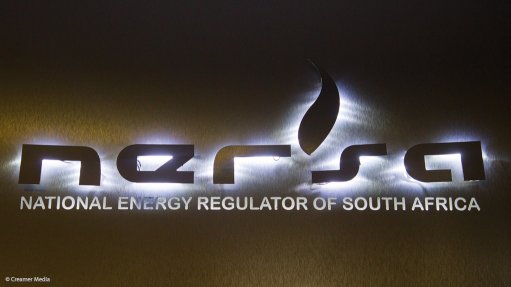
Photo by: Duane
OUTA has seen a copy of Eskom’s request to the National Energy Regulator (NERSA) for exemption from requirements listed in the revised Multi-Year Price Determination (MYPD) rules. This is the application which will set electricity prices from April 2018.
OUTA believes that Eskom is trying to deflect attention from maladministration and probable corruption at the entity.
“Any decent accounting system should deliver this information at the click of a mouse,” says Ted Blom, OUTA’s portfolio director for energy. “Eskom uses SAP accounting systems, which are more than capable of producing sophisticated reports on demand.”
OUTA opposes these exemption requests and will ask that NERSA stands its ground. “We need greater transparency and more rational explanations from Eskom for its ongoing requests for high electricity tariff hikes, whilst poor leadership and shocking auditing process allow for the waste and corruption to continue unabated,” says Blom.
OUTA believes that the revision of the MYPD rules by NERSA last year was necessary to ensure better accountability by Eskom on its treatment of public funds.
“The battle for greater transparency and explanations from Eskom has been an issue for me since I reported gross corruption at Eskom in 2008,” says Blom, who has campaigned on this issue for years. “The rot at Eskom has simply got worse.”
His lobbying to NERSA resulted in the revised the MYPD regulations.
“More detailed information means the public are then better enabled to question the conduct and incessant tariff hikes that appear to be feeding the corruption at Eskom,” says Blom.
Eskom wants NERSA to exempt it from the following disclosure requirements:
1. Details of the regulatory asset base or, in layman’s terms, Eskom’s asset register.
2. Research costs.
3. Coal volumes burnt per power station per supplier.
4. Coal handling costs per station.
5. Water procurement costs per station.
6. Water treatment costs.
“Providing much of this information should be a simple accounting matter. Failure to supply it is tantamount to covering up gross administration or corruption,” says Blom.
Issued by OUTA